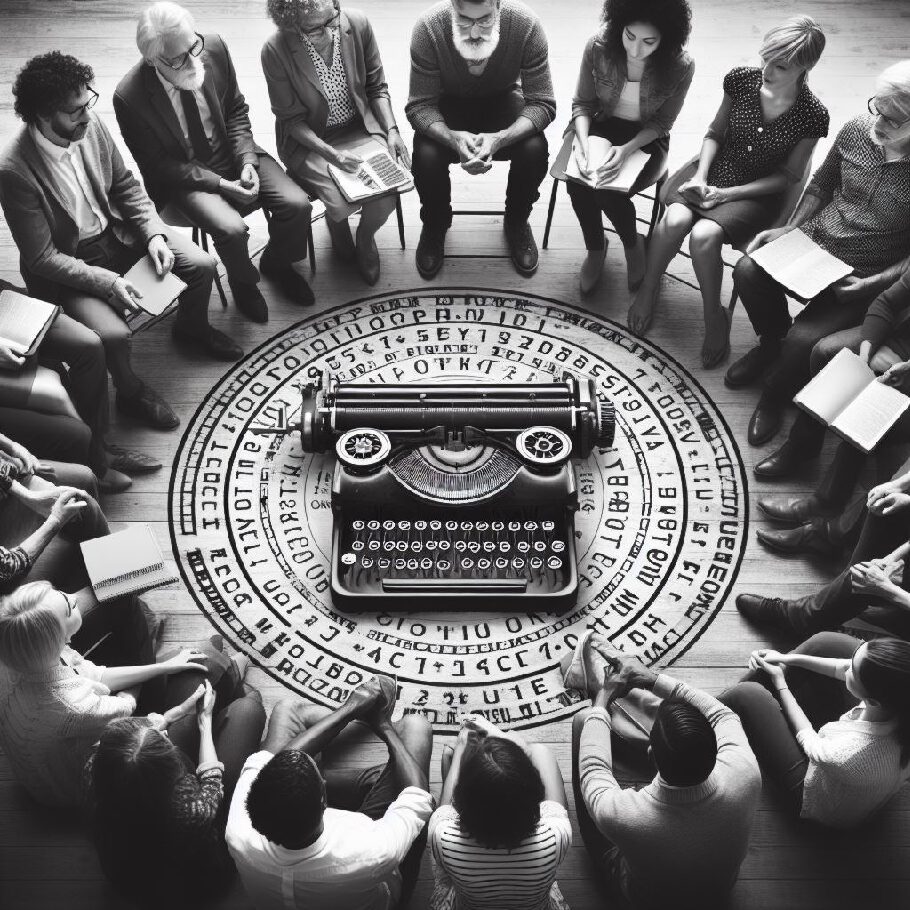With GPT-3.5, I asked the AI to find me a suitable story from the future for the current challenges. That’s what it found:
„The guardians of freedom
In the not-too-distant future, the world was characterised by technological advances and global threats. The bugging scandal in the German armed forces had shaken citizens‘ trust in the government, while the attack on the Tesla power grid highlighted the vulnerability of modern society. People became increasingly suspicious and felt unprotected.
In the midst of this uncertainty, some citizens began to take their own security into their own hands. They realised that they could not rely on central institutions and began to build decentralised infrastructures. Small communities formed to protect and support each other.
One day, a stranger turned up in one of these communities. He called himself Max and claimed to be a former hacker who had the skills to protect the community from further attacks. Initially suspicious, the residents soon realised that they could trust Max. His knowledge and skills were impressive, and he helped to make their decentralised infrastructure even more secure.
Over time, Max became a kind of guardian of freedom for the community. He taught them how to protect themselves from surveillance, how to encrypt their data and how to defend themselves against attacks. Under his guidance, they grew into a strong and independent community that no longer had to rely on external institutions.
The wiretapping scandal and the attack on the Tesla power grid were just the beginning. But thanks to Max and the determination of the community, they were able to stand up to the threats and build a future where everyone was able to protect themselves.“
This story is only a blink of an eye away from reality. Anyone listening closely to the current news will recognise the insecurity of the state, which is slowly realising that it needs to integrate active citizens into its security concept. The state only has the resources to supply around two per cent of the population in the event of a widespread power outage, for example.
We are still so strong economically that autocracies will not attack Germany or any other European state. But that could change very quickly. Because the balance of power is increasingly shifting.
What I have been repeating for years is that almost all central platform concepts are much better suited to autocracies than democracies. They don’t empower citizens, they make them dependent.
Since every piece of information, no matter how small, becomes a commodity, today’s platforms also provide the basis for disinformation. The biggest disinformation for citizens is that this situation is unchangeable. But what is needed is a democratic ecosystem with a minimal critical digital infrastructure that is free for all. Platforms are even largely superfluous in a decentralised digital democratic world if they do not offer real added value beyond the provision of a pure communication structure.
I have documented all of this in over a hundred statements on EU initiatives at GISAD .
- Maybe the image generator will learn soon. I entered „People talking about Morse code“ for the cover picture.
